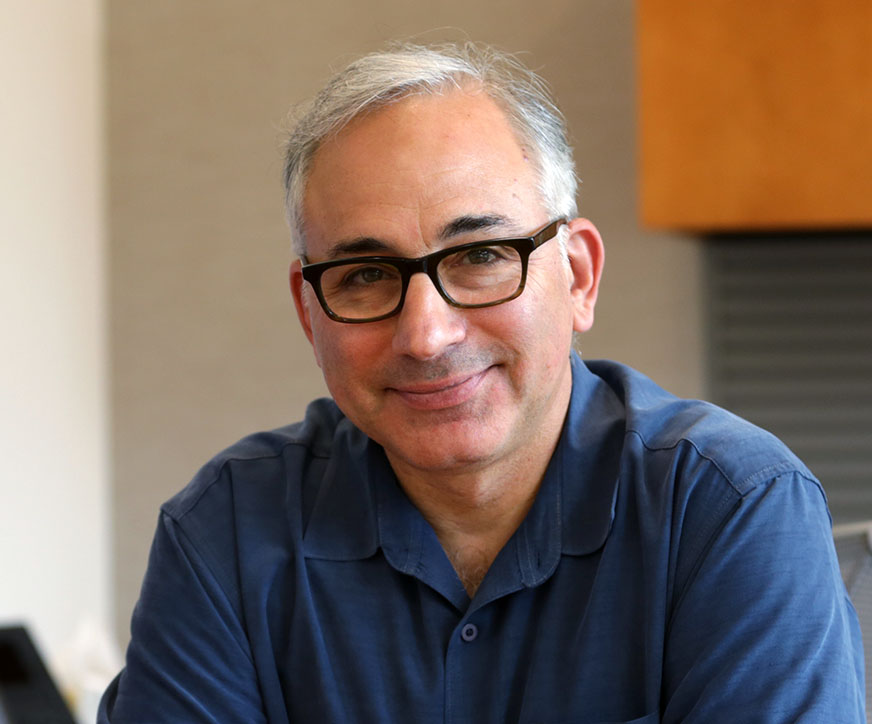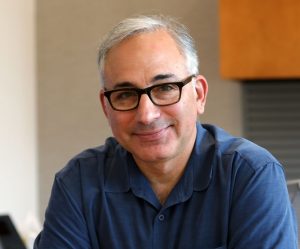
- This event has passed.
Colloquium Series: Living Responsive Matter: Combining Morphodynamics and Force Measurements for Understanding Cell Mechanobiology (Dr. Rich Superfine, APS Chair, University of North Carolina at Chapel Hill)
Tuesday, November 9, 2021 @ 4:00 pm - 5:00 pm

 Join us on Zoom for our Colloquium Series. Dr. Rich Superfine, APS Chair from the University of North Carolina will be joining us to present “Living Responsive Matter: Combining Morphodynamics and Force Measurements for Understanding Cell Mechanobiology”
Join us on Zoom for our Colloquium Series. Dr. Rich Superfine, APS Chair from the University of North Carolina will be joining us to present “Living Responsive Matter: Combining Morphodynamics and Force Measurements for Understanding Cell Mechanobiology”
Abstract: Cells are the essence of soft matter – active, responsive, shape changing matter. In particular, the mechanical component of biology, from single molecules to cells to tissues, has been demonstrated to control the identity, movement and fate of cells. To understand the origins and responses of cellular forces we have combined volumetric light sheet imaging with atomic force microscopy to obtain multicolor, 3D movies of cellular structure correlated with AFM forces. We have applied this system to understand the complex biological phenomena of phagocytosis and to nuclear mechanics. For phagocytosis we engage a beaded AFM cantilever against a macrophage and collect volumetric images of the actin cytoskeleton during phagocytosis to image filipodia dynamics and phagocytic cup formation in real time. In separate studies, we perform volumetric imaging of cell nucleus under AFM compression to assign mechanical properties to specific components, while also imaging DNA damage induced by the AFM compressions.
Biography: Professor Richard Superfine studies stimulus-responsive active and living materials from the scale of individual molecules to the scale of physiological tissues, including molecular motors, DNA, cells and microfluidic-based tissue models. He develops and applies new techniques for these studies using optical, scanning probe, electron and magnetic force microscopes, all within his leadership of the NIH National Center of Computer Integrated Systems for Microscopy and Manipulation, CISMM.
Current experiments probe the mechanical properties of single molecules in blood clots, cancer and immune cells, and in cell cultures to understand the fluid flows that clear the lung of infections. His work often involves developing biomimetic structures that mimic biology, most recently in the form of engineered cilia arrays that mimic lung tissue.
To register, please contact Melissa Gammon at mkgammon@email.UNC.edu.

